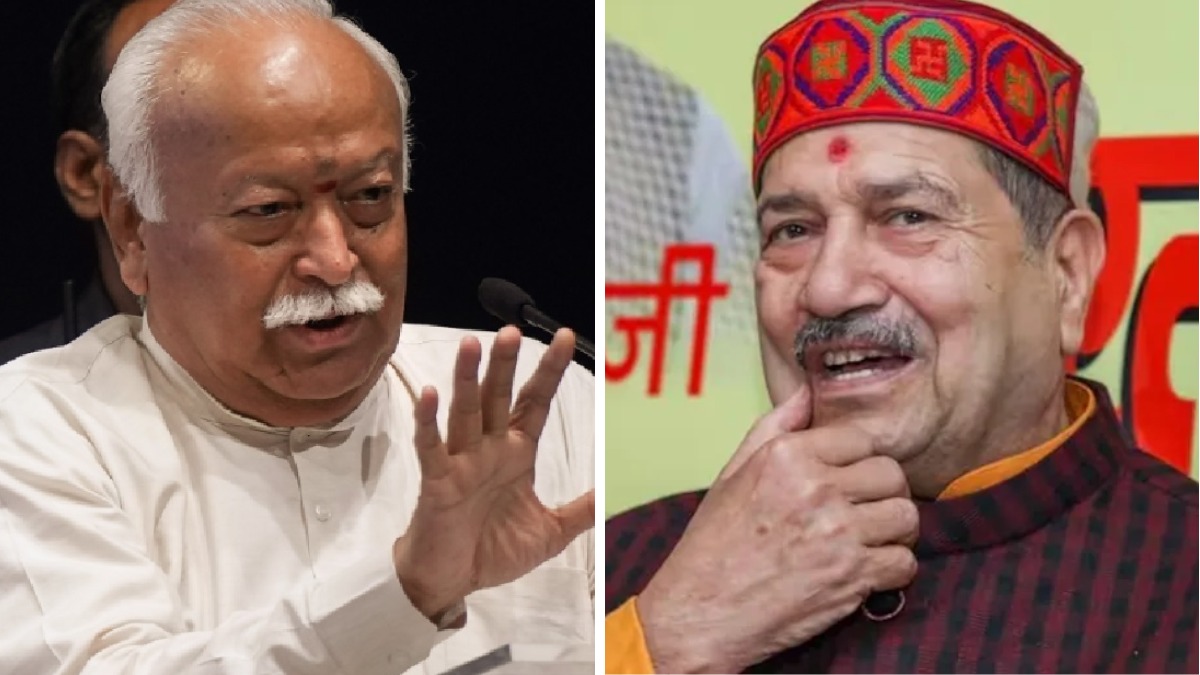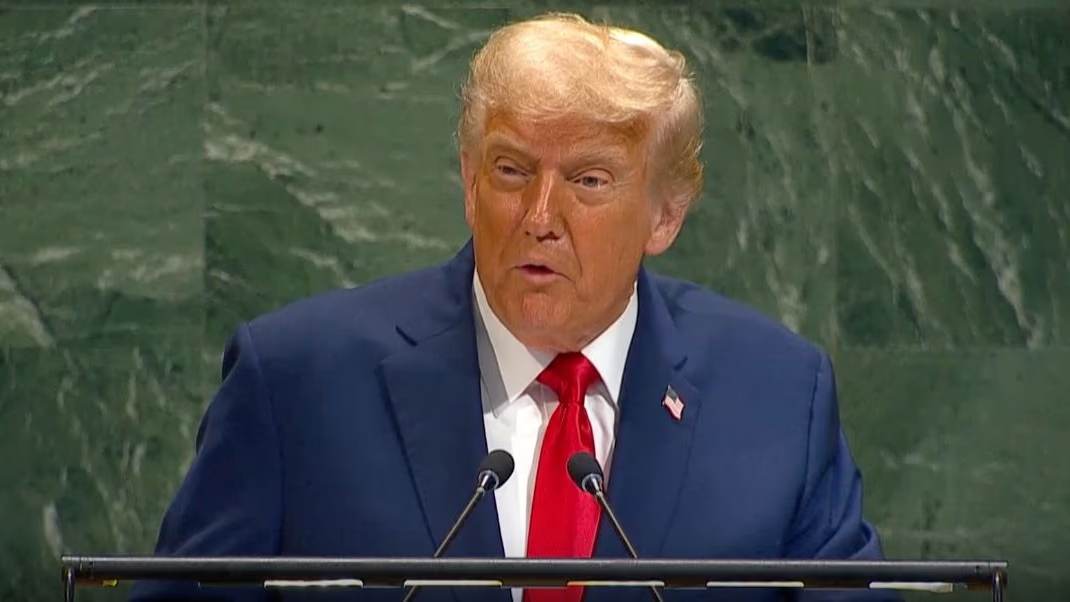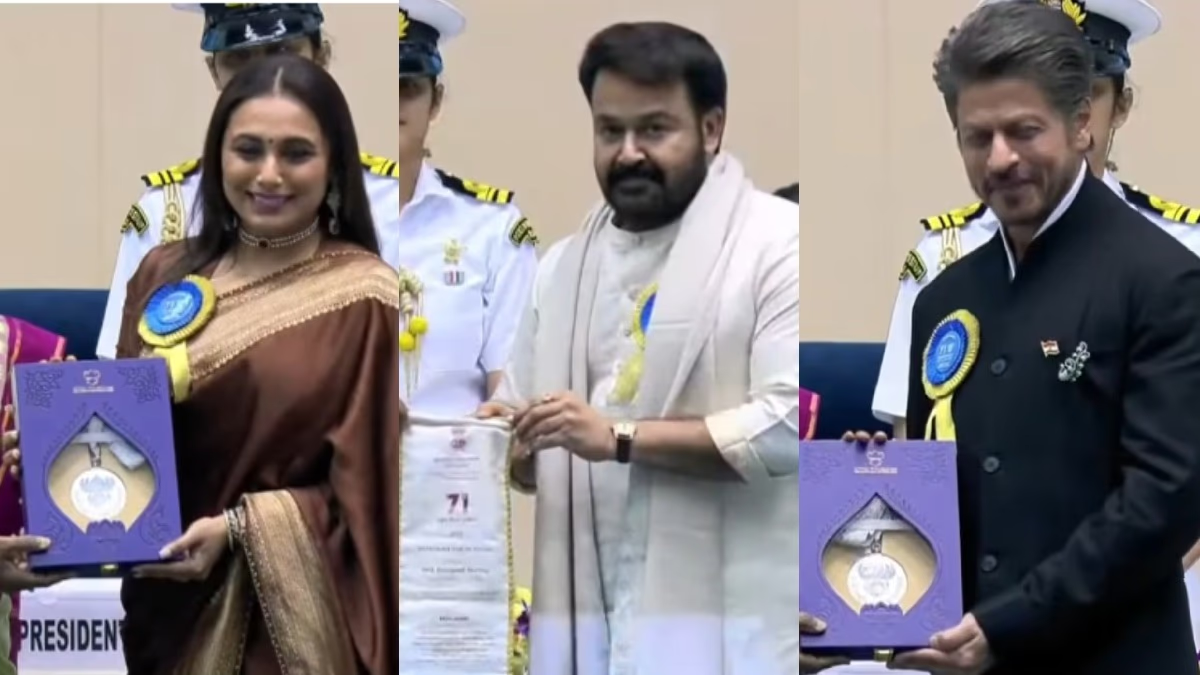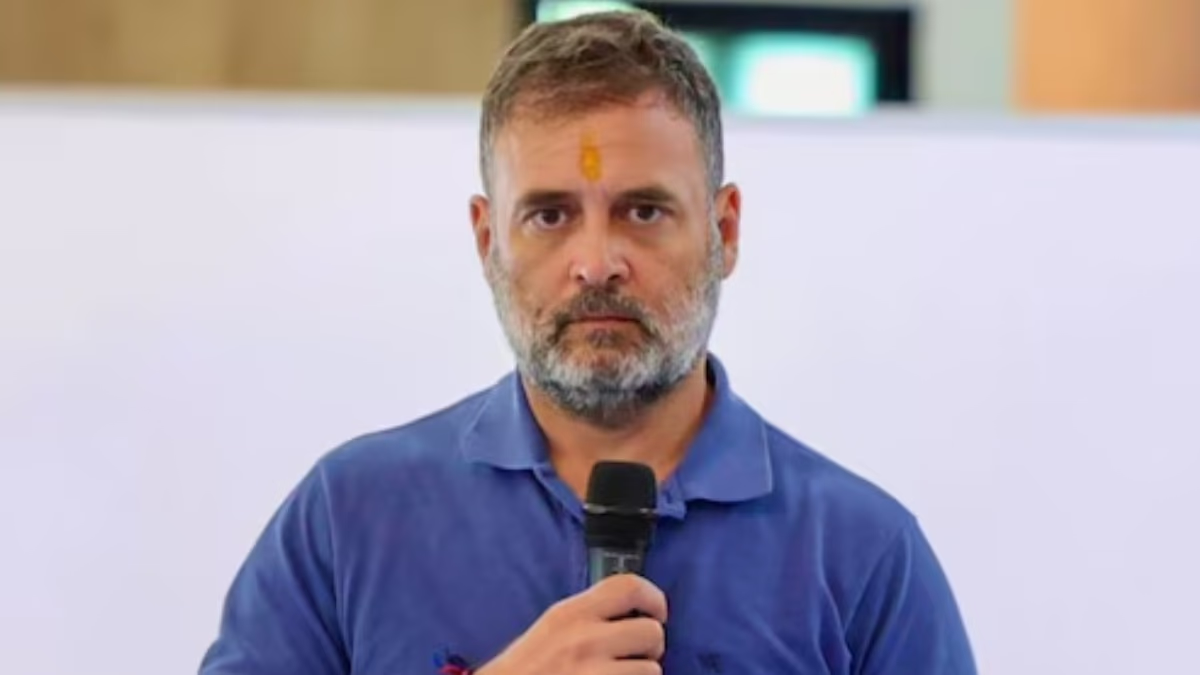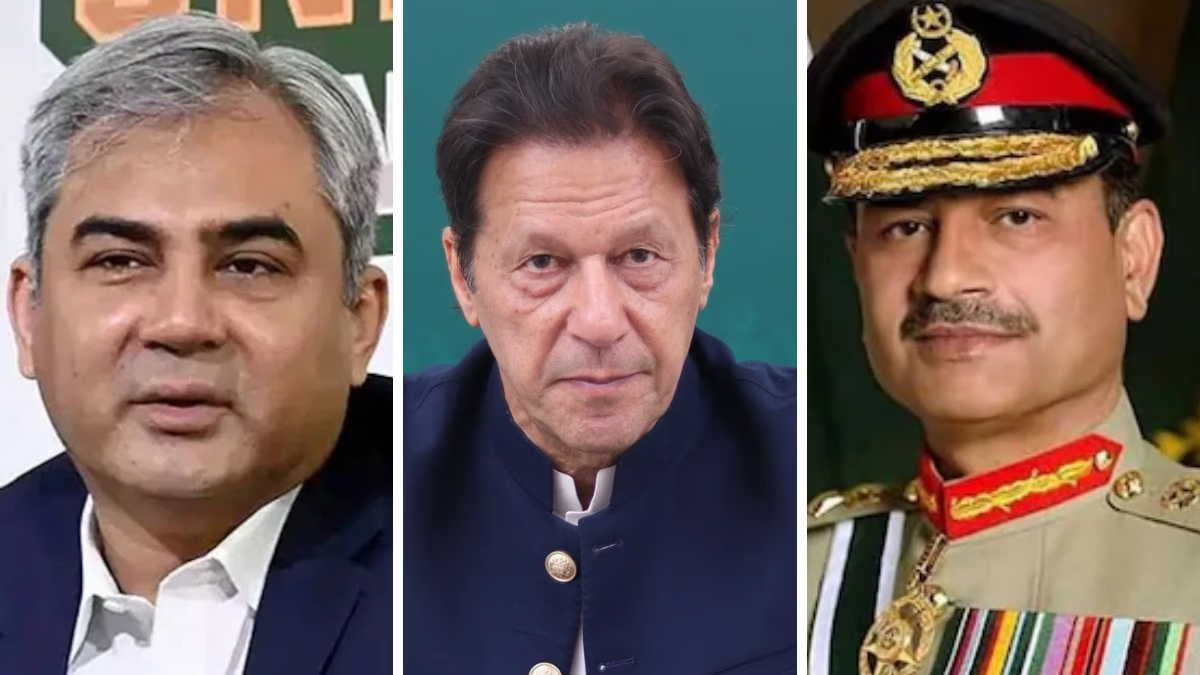The debate is heating up about ideological disagreements and discontent between the BJP and RSS. From social media to political corridors, the implications of statements by RSS Chief Mohan Bhagwat, articles in the Sangh's magazine, and senior leader Indresh Kumar are being scrutinized. People are pondering why Mohan Bhagwat made certain remarks and the significance behind Indresh Kumar's statements, as well as the intent of a critical article on BJP's performance in the Lok Sabha elections published in the magazine. Questions arise: Is the Sangh unhappy with BJP's working style under Modi and Shah's leadership? Are subtle signals being sent to the BJP's top brass by the Sangh?
When Chhattisgarh's Chief Minister Vishnudev Sai was asked about the RSS's statements, he remarked that the BJP's electoral seats, totaling 240, are more than what Congress has achieved even when combining three elections. It's inappropriate for them to boast excessively. Questions were raised about Indresh Kumar's commentary, but the Chief Minister excused himself without fully responding, leaving journalists inquiring as he walked away. This avoidance by prominent BJP leaders when questioned about RSS is clearly visible.
Read More:
BJP leaders discomfited by RSS comment?
To understand why BJP appears so uneasy after RSS's statements, it's necessary to look at the entire timeline. The day after Modi was elected for the third term, discussions of differences between the RSS and BJP started growing. The cause for concern is RSS's top leadership and the public comments made in the Sanghis magazine about BJP's performance.
- On June 10, RSS Chief Mohan Bhagwat shared his personal thoughts on the election results in Nagpur. Without naming anyone, he subtly linked arrogance to BJP's performance.
- On June 12, the RSS mouthpiece 'Organiser' published an article on BJP's performance, claiming arrogance and overconfidence were the main reasons for the poor showing.
- And on June 13, a senior RSS official openly connected BJP's performance with the party's arrogance, indicating that RSS's responses over three days publicly revealed the ideological differences between the two organizations.
What did RSS leader Indresh Kumar say?
Indresh Kumar was addressing the 'Ramrath Ayodhya Journey Worship Ceremony' near Jaipur on June 13. He mentioned that the party that worshipped Lord Ram but became arrogant was stopped at 241 seats, yet became the largest party. The blessings of full power and strength that they should have received were withheld by God due to their arrogance. He distinctly referred to the 'India Block', stating those who had no faith in Ram were blocked at 234 seats. Even collectively, they could not become No. 1 and remained at second place. Thus, the justice of the Lord is not strange, it is true and delightful.
However, he has since retracted his statement.
RSS leader Indresh Kumar stated that the current environment in the country is very clear: those who opposed Ram are out of power, while those who took a vow of devotion to Ram hold power and have formed the government under Narendra Modi's leadership for the third time. He expressed confidence that the country would progress under his leadership, inspiring faith among the citizens.
These points are mentioned in the RSS article
Asking Ajit Pawar about the 'Organiser' article was necessary as it highlighted the NCP's internal strife, how a faction led by Ajit Pawar merged with BJP, and termed such events as BJP's 'unnecessary politics'. It's stated that Maharashtra is a leading example of unnecessary political maneuvering. NCP's influence would have waned within two to three years due to its internal conflicts.
Read More:
The BJP's 400+ goal falls short
The 2024 election results served as reality check for overly confident BJP workers and leaders. They failed to realize Prime Minister Narendra Modi's 'cross 400' goal was a target and challenge to the opposition. Achieving goals requires hard work on the ground, not by sharing posters and selfies on social media. They were happy in their bubble, basking in the glow of Modi's name, not listening to the voices on the streets. Citizens' major complaint is the difficulty or impossibility of meeting with local MPs or MLAs. Ministers are even more elusive, and their insensitivity to the problems adds another layer. Busy BJP-elected officials rarely appear in their constituencies, making these election outcomes a lesson for many.
Did Nadda's declaration cause discord?
Did the post-election RSS comments reflect the growing distance between BJP and Sangh over the past decade? Was a reported statement by BJP President JP Nadda, during the election campaign, a source of discord when he said that they no longer needed the RSS to win elections? According to sources, the statement upset RSS workers, leading them to withdraw from the election campaign, resulting in BJP not achieving an outright majority.
RSS's roots extend to 95% of the country
It's noteworthy that while BJP has been silent on RSS's commentary, opposition parties are targeting Modi and Shah based on the Sangh's statements. As a 99-year-old organization, the RSS's reach extends to 95% of India's land. Its primary mission is to promote the ideology of nationalism and Hindutva. Reports indicate that there are 73,117 RSS branches nationwide with about 60 million members. There are more than 20,000 RSS-affiliated schools in the country. The BJP's national general secretary is typically an RSS member; currently, it's B.L. Santosh, formerly Ram Lal, who has since returned to the Sangh. The RSS has various wings with distinct functions, including student-focused Akhil Bharatiya Vidyarthi Parishad, farmer-oriented Bharatiya Kisan Sangh, the trade union Bharatiya Mazdoor Sangh, religious-focused Vishwa Hindu Parishad, the Muslim Rashtriya Manch for Muslims, and the educational body Vidya Bharati. The organization reaches every sector of society. Nearly 35 different organizations exist, with the RSS playing a vital role in supporting the BJP behind the scenes.
RSS Chief to meet CM Yogi on Saturday
On Saturday, June 15, RSS Chief Mohan Bhagwat will meet with Uttar Pradesh's Chief Minister Yogi Adityanath in Gorakhpur. Bhagwat's visit is part of the Sangh Shiksha Varg meetings. Their encounter post-election results is deemed significant, possibly to discuss the outcomes. Concurrently, an RSS coordination meeting will take place in Kerala from August 31 to September 2, attended by the top leadership of both RSS and BJP. The meeting will include discussions on synergy and strategy between the Sangh and BJP. While the close relationship between RSS and BJP isn't a secret, both organizations have publicly denied interfering in each other's domains.
